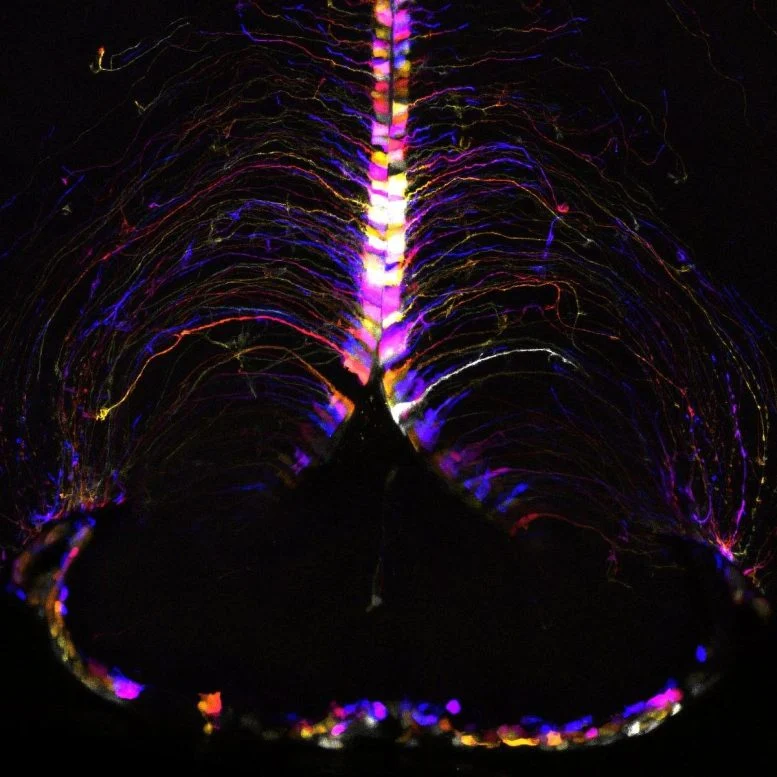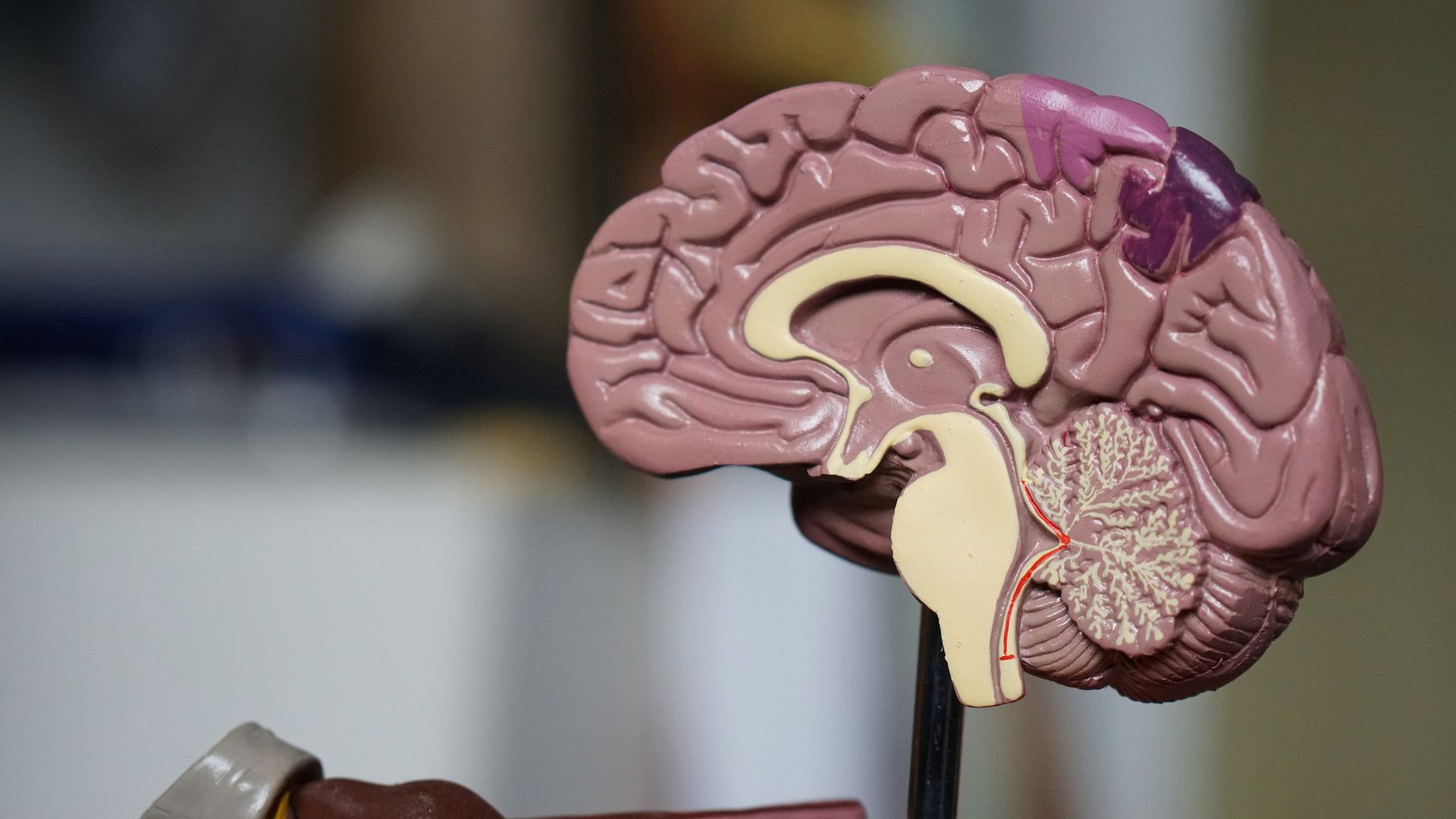Brain Aging Hotspot: How Diet and Inflammation Impact Brain Health
Discover the connection between diet, inflammation, and brain aging from groundbreaking research on hypothalamic hotspots and cell-specific changes.
Aging and the Brain: Key Cellular Changes
Aging significantly impacts the brain, especially in specific cell types. Researchers at the Allen Institute mapped over 1.2 million brain cells from young and aged mice to identify these changes. The study, published in Nature, highlights key findings:
- Sensitive Brain Cells: Glial cells, including microglia, oligodendrocytes, tanycytes, and ependymal cells, showed major changes in gene activity as they aged. These cells, essential for brain support and protection, become less effective with age.
- Inflammation and Neuron Decline: In aged brains, genes tied to inflammation became more active, while those crucial for neuronal structure and function slowed down. This shift points to increased vulnerability to aging-related brain disorders.
- The Hypothalamic Hotspot: A unique area near the third ventricle of the hypothalamus emerged as the focal point of these changes. This region regulates food intake, metabolism, and nutrient processing, suggesting a link between diet, inflammation, and aging-related brain health.
Diet, Inflammation, and Brain Longevity
The study’s findings emphasize the connection between diet, lifestyle, and brain aging. Previous research suggests that metabolic health plays a critical role in aging, with strategies like intermittent fasting, calorie restriction, and balanced diets potentially boosting longevity.
Dr. Kelly Jin, lead author of the study, hypothesized that aging cells in the hypothalamus may lose efficiency in processing environmental signals and nutrients. This inefficiency could accelerate aging processes throughout the body. These insights underscore the importance of maintaining a healthy diet to support brain health.
Future Directions: Targeting Brain Aging
The discovery of the hypothalamic hotspot is a breakthrough in brain aging research. By focusing on specific cell types, scientists could develop targeted therapies to slow aging and prevent neurodegenerative diseases like Alzheimer’s.
Dr. Hongkui Zeng of the Allen Institute stated, “If we improve the function of these key cells, we may be able to delay the aging process. This approach has the potential to transform how we treat aging-related brain disorders.”
This research provides a detailed roadmap for scientists aiming to combat brain aging at the cellular level. Moving forward, studies could explore specific dietary or pharmacological interventions to preserve cognitive function and enhance brain longevity.






